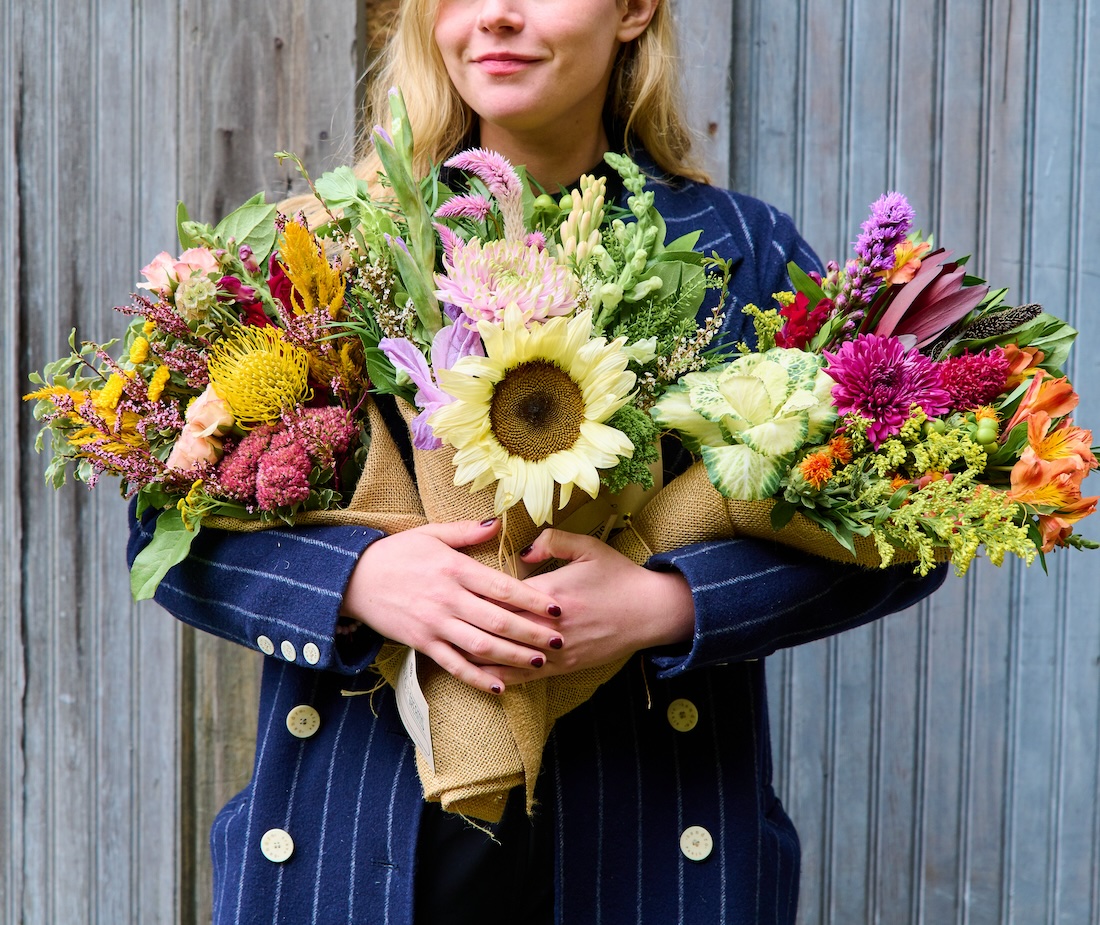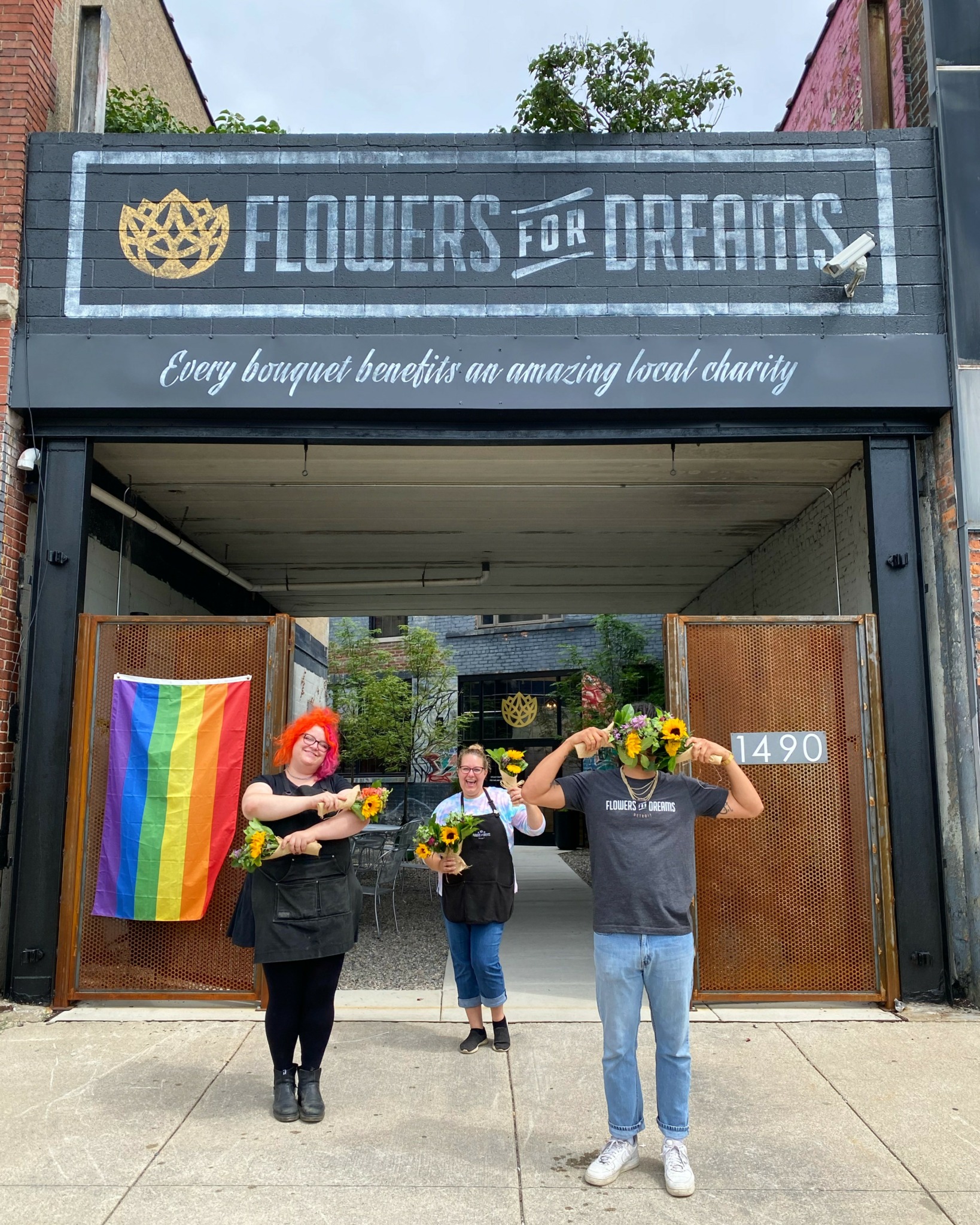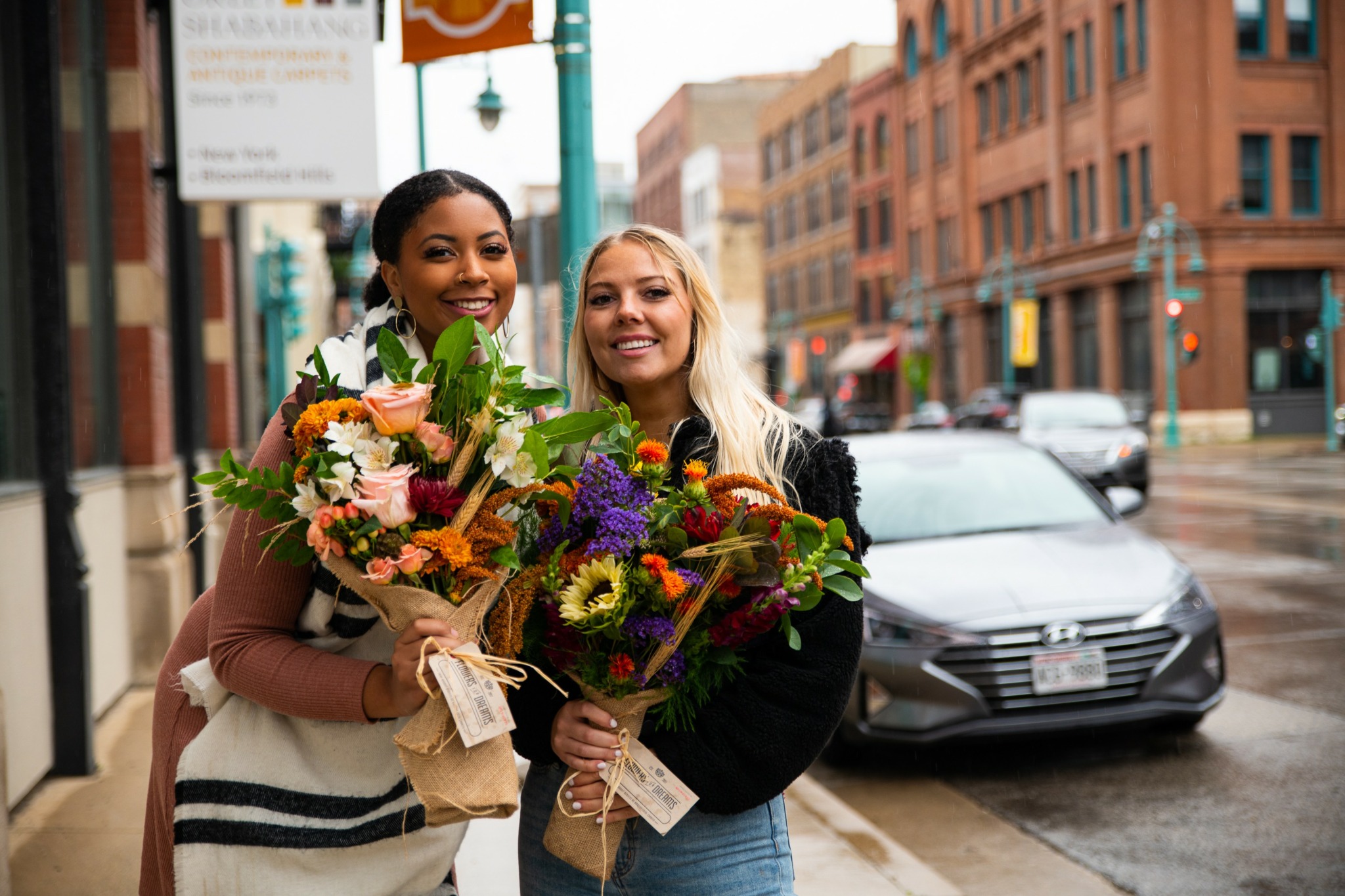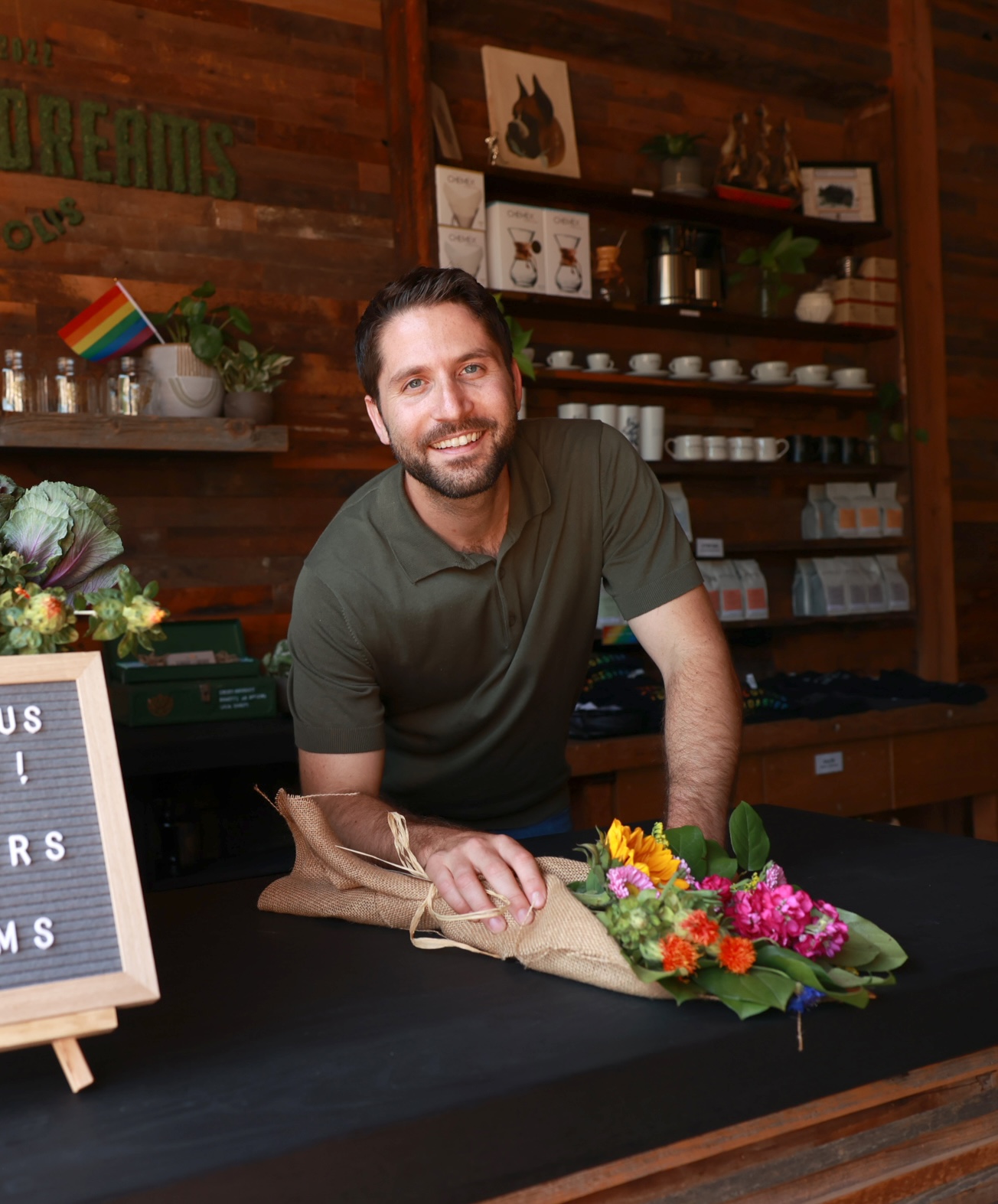We were lucky to catch up with Steven Dyme recently and have shared our conversation below.
Steven, appreciate you joining us today. What did your parents do right and how has that impacted you in your life and career?
Beyond being raised with an ethos around justice and service (both values deeply engrained in my business), my flower story, and entrepreneurial journey, may have never existed without my parents conditions for selecting a college.
As an 18 year old, I was dead set on going out of state for school, choosing Wisconsin over my home state of Illinois. About 3x the cost of tuition. They’d presented a deal to me. If you go in state, we’ll pay. If you choose out of state, you’ll be responsible for at least 1 year of study and be on your own for expenses. You can take out a loan, start working right away, or figure another path to pay for school.
Without this, I would’ve never landed on selling flowers on street corners or outside graduations. And that was my second job attempt and third hustle after I arrived in Madison. It lit a fire under me to figure out many different options for work and try more than one thing for extra income. In addition to devising a plan to graduate in 3 years.
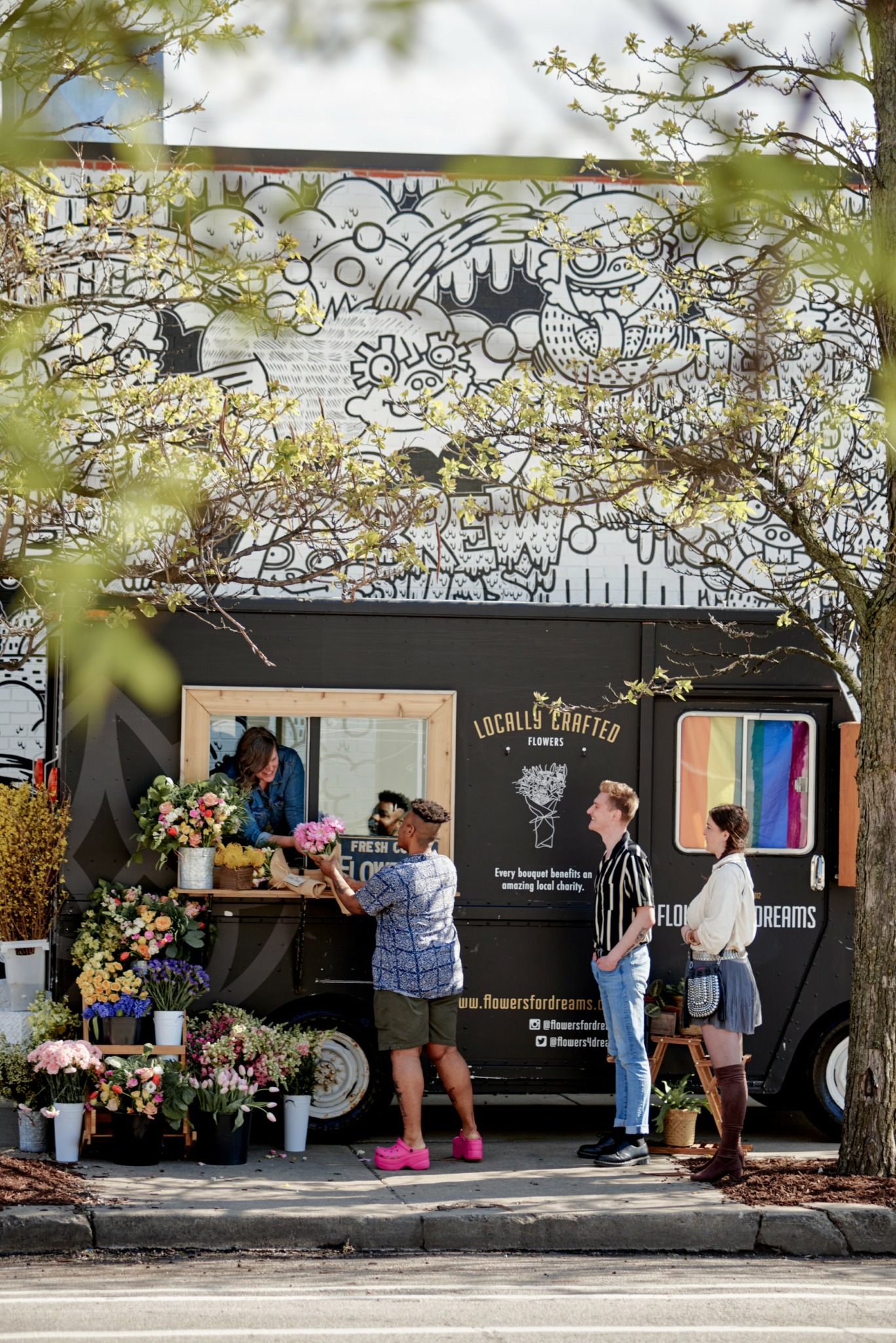
Steven, before we move on to more of these sorts of questions, can you take some time to bring our readers up to speed on you and what you do?
I’m an accidental florist.
As a 19 year old college student, I was lucky enough to meet a friend and classmate who came from a big floral family. In the summers back when he was in high school, he was tasked with trucking his dad’s surplus flowers to the dump. Instead of trashing it all, he turned good stems into bouquets and sold each for a discount outside graduations and dance recitals.
I started the same thing back on Chicago’s North Shore where I grew up. With surplus stems from his dad’s flower cooler and pick ups at nearby wholesalers, I started my first flower business. The defining characteristic, however, was that from each $25-50 bouquet I sold I’d take $5-10 as a matched donation for a kindergartener’s backpack and school supplies at a local nonprofit. After my first two summers running the business, we donated over 3,000 backpacks for kids in need.
This became the impetus for my second flower business: Flowers for Dreams. We would use beautiful flowers for everyday delivery to advance causes of justice and charity throughout the community. That was 2012. Some 13 years later, that model has resulted in over $1.6M in small donations to nearly 250 grassroots nonprofit orgs across the Midwest. We have some 100 employees with design & fulfillment studios in 3 states.
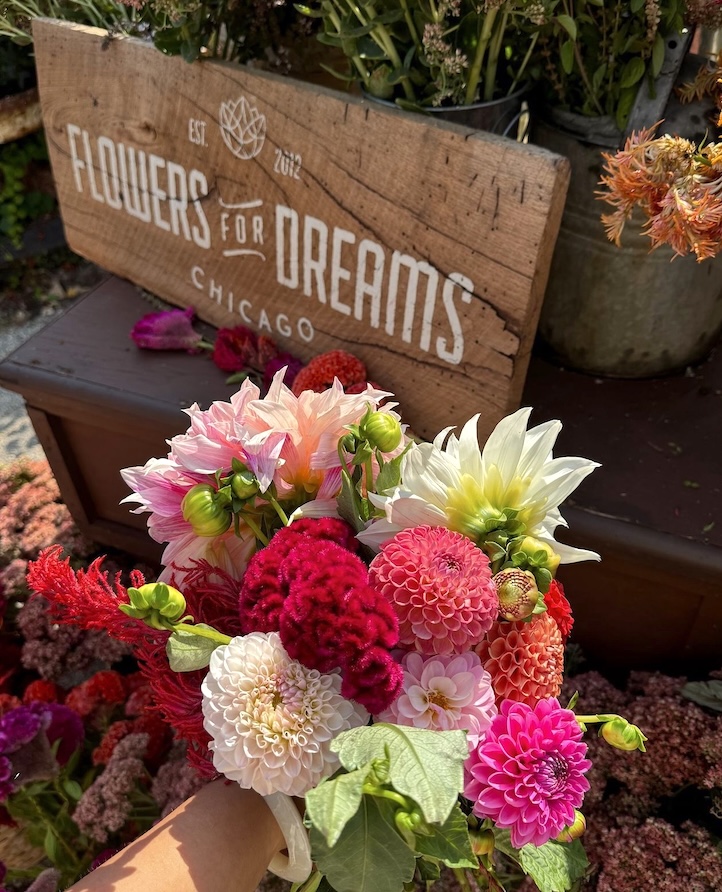
Can you talk to us about how you funded your business?
Sales is the best source funding. We learned that early.
Instead of seeking loans, investors, venture capital, we sought customers. Those first 3 years doing it entirely on our own ended up being our best decision ever. We built a proven model, refined the business and brand, used whatever resources we could find, and by the time were ready for a slice of capital from an interested customer, we knew who we wanted to be and how we wanted to grow. Fewer mistakes, no frivolous spending, and clear roadmap ahead.
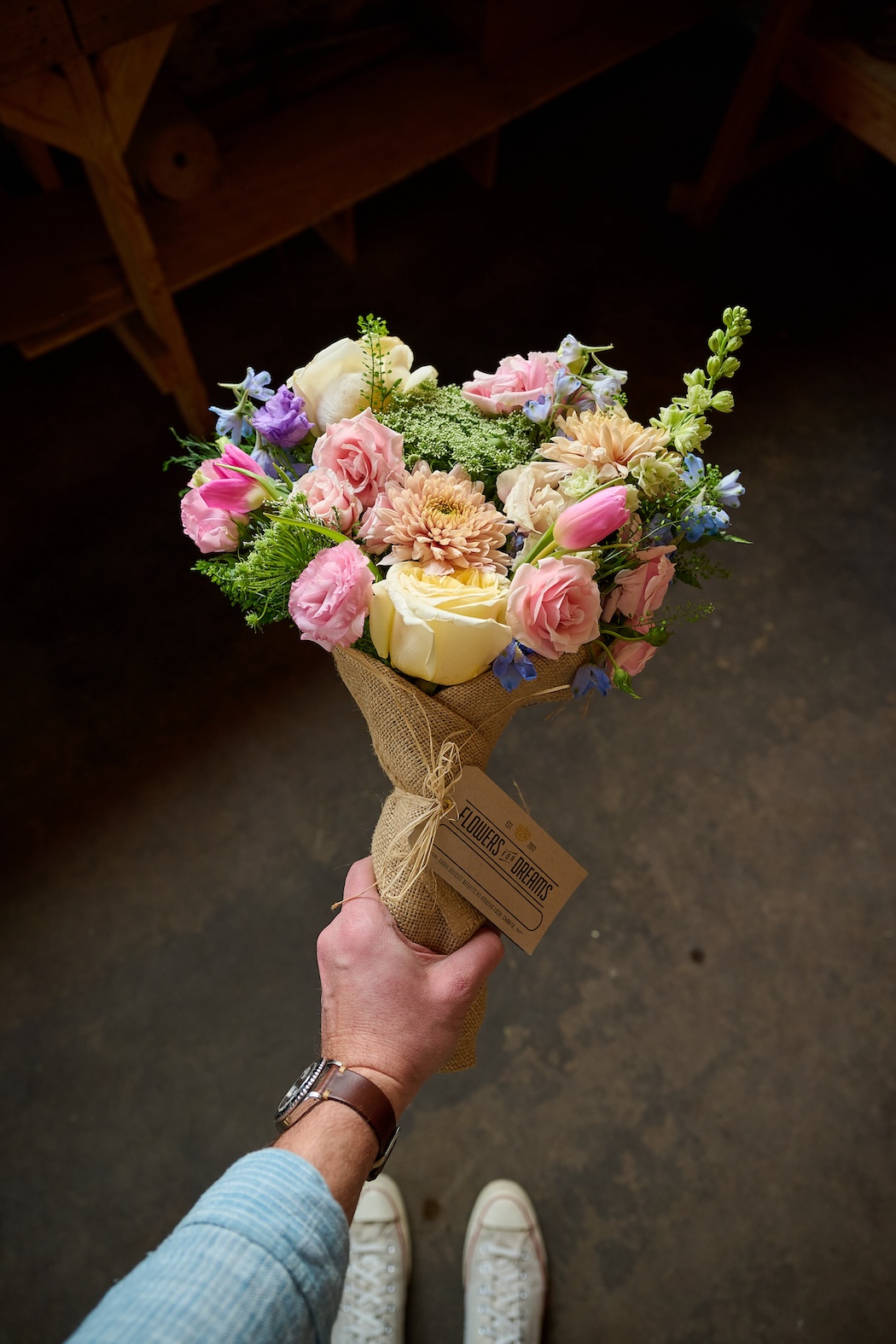
Have any books or other resources had a big impact on you?
Small Giants by Bo Burlingham
How fantastic closely-held businesses chose to be great, instead of big.
1000 True Fans by Kevin Kelly
How brands and creators should pursue a smaller but rabidly loyal base of customers, vs fleeting mass appeal.
Contact Info:
- Website: https://flowersfordreams.com
- Instagram: https://instagram.com/flowersfordreams
- Linkedin: https://linkedin.com/flowersfordreams

